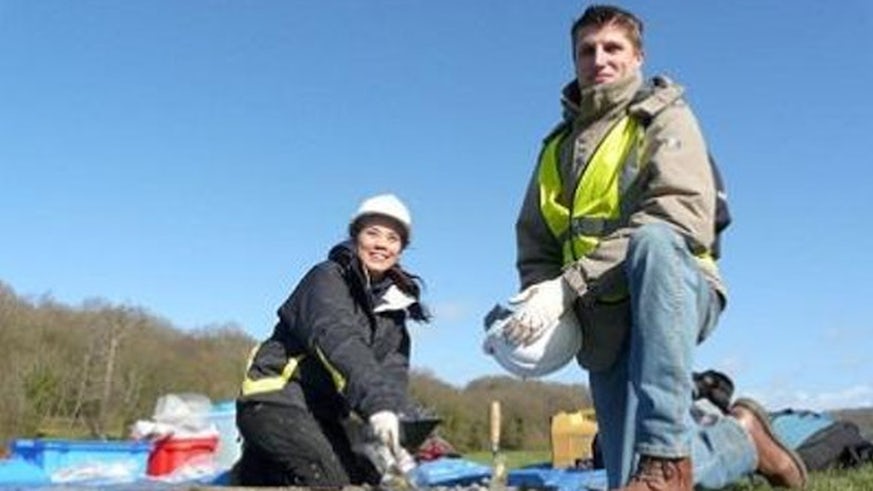New GW4 studentships boost postgraduate training
15 November 2013

The GW4 Alliance has reinforced its commitment to postgraduate research training by committing additional studentships to a major five-year Doctoral Training Partnership (DTP) award.
A total of 50 studentships will be added by GW4 to the existing 140 awarded by the Natural Environment Research Council (NERC) to the GW4+ DTP. The GW4+ partnership was already the largest of those awarded by NERC and announced by the Minister for Universities and Science, David Willetts.
In addition to the core GW4 partners (the University of Bristol, Cardiff University, the University of Exeter and the University of Bath), the GW4+ DTP brings together a consortium of over 30 research, industrial and third-sector organisations to deliver innovative training to environmental science PhD students.
Cardiff University's Vice-Chancellor, Professor Colin Riordan, Chair of the GW4 Council, said: "This GW4 Doctoral Training Partnership shows how working together can maximize the benefits to all concerned. Together we can offer postgraduates broad innovative research training in environmental sciences to an excellent standard, and attract the brightest talents in the field to our universities."
The latest pledge from the alliance brings the total number of studentships now offered under the GW4+ DTP programme to 38 per annum and it will enroll its first students in October 2014. GW4+ is one of 15 DTPs to benefit from NERC's £100 million investment in training environmental science PhD students, and is the largest of its kind in the UK.
Professor Ian Hall, School of Earth and Environmental Sciences said: "We are delighted that Cardiff is part of the NERC GW4+ DTP. It will allow us to train the next generation of earth and environmental scientists. Our students will undertake research training in areas addressing some of the most pressing global challenges and opportunities of the 21st century. They will benefit from complementary training and support from private business, the public sector and NGOs, to ensure that GW4+ graduates are future leaders in science-based industry, academia and beyond."
Those collaborating in the GW4+ DTP include: the Welsh Government; Natural Resources Wales; the British Antarctic Survey, the British Geological Survey, the Centre for Ecology and Hydrology, Plymouth Marine Laboratory, the Met Office, the Natural History Museum, BHP Billiton, the Food and Environment Research Agency, and Syngenta.
Under the programme, a minimum of 30 per cent of the students will work with non-academic partners. This is intended to provide students with the valuable industry experience they need to enter a wide range of careers.